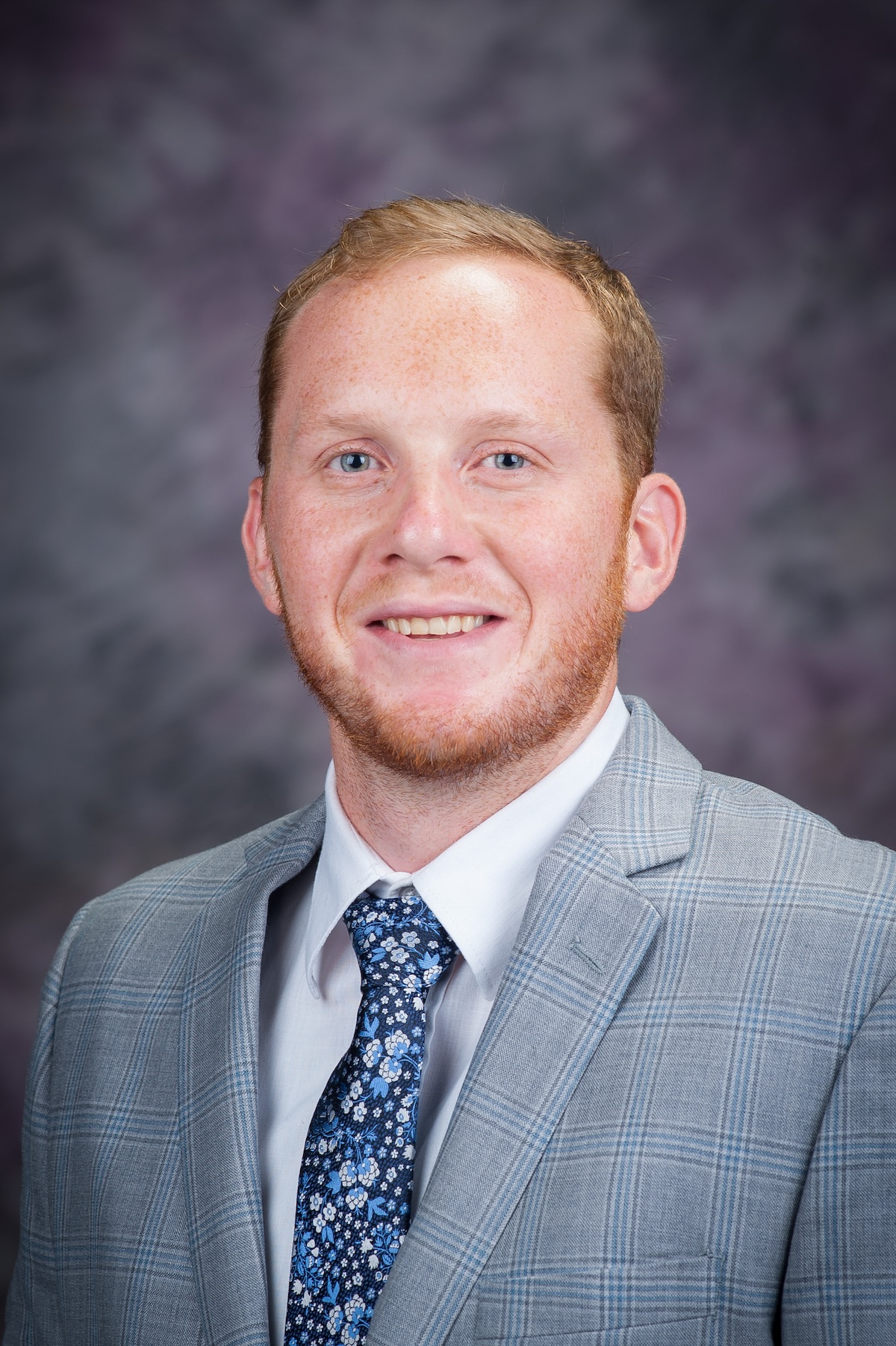KWI Water Scholars
The Kansas Water Institute welcomes a group of new faculty hires who will focus on water-related research. KWI Faculty Scholars support the institute’s mission to foster interdisciplinary approaches to teaching, research, and outreach. To date, six faculty scholars have been appointed in four different departments, and recruitment for six additional faculty positions is ongoing.
Micah Cameron-Harp
Agricultural Economics

Micah Cameron-Harp’s work explores how environmental data can inform crop production and water use decisions. He is developing models to predict grain yields using pre-planting soil moisture, with implications for early-season drought and flood impacts. His other research objectives examine irrigation timing using evapotranspiration data to improve water efficiency and how chemical contaminants in an aquifer can affect irrigation behavior, crop productivity, and municipal water security.
Elizabeth Montoya
Agricultural Economics

Elizabeth Montoya’s research focuses on the intersection of environmental and health economics. She analyzes regulatory effectiveness and the impact of market structure on health and environmental quality, with a focus on drinking water systems. Her work will prioritize issues relevant to Kansas, including agricultural water use, nitrate contamination, and rural infrastructure.
Jeeban Panthi
Geology

Jeeban Panthi is hydrologist interested in understanding the interactions between groundwater and surface water. His work takes a closer look at how these interactions are influenced by human dimensions, climate and land use changes. Dr. Panthi’s research aims to address critical questions in groundwater hydrology, both on water quantity and quality in the High Plains Aquifer.
Jie Wang
Political Science
 Jie Wang combines policy, political, and planning perspectives to examine how governments engage in regulatory and coordinated efforts to address water challenges. Her current research examines collaboration as a process for embracing diverse perspectives and engaging stakeholders in solving complex water problems. She is also conducting projects on environmental impact assessment of infrastructure projects and the planning of DBP-related water quality management.
Jie Wang combines policy, political, and planning perspectives to examine how governments engage in regulatory and coordinated efforts to address water challenges. Her current research examines collaboration as a process for embracing diverse perspectives and engaging stakeholders in solving complex water problems. She is also conducting projects on environmental impact assessment of infrastructure projects and the planning of DBP-related water quality management.